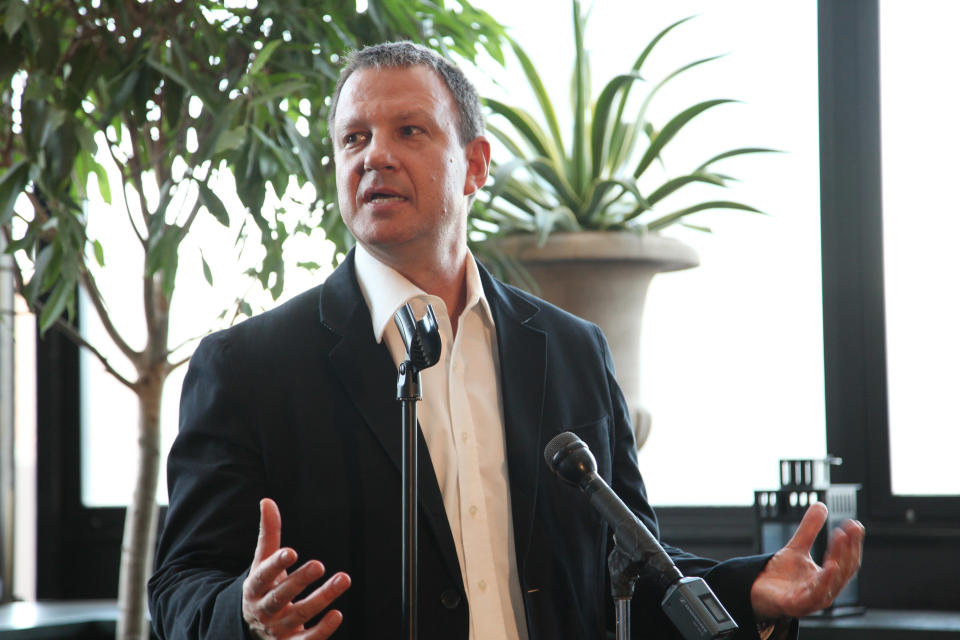Free-wheeling Silicon Valley startups 'need substance': Israel-based VC investor
2019 will go down as the year where many in the risk-taking venture capitalist community were handed a swift, well-deserved kick in the face.
After years of handing out fat checks to support buzzy unicorns with unproven business models such as WeWork, that company’s meltdown in the fall sent a major signal to VCs that the market had simply gotten too hot. Business models matter and so did profits, despite the mood to the contrary heading into 2019.
Meanwhile, VCs that entered in the late-stage funding of unicorns that went on to go public this year like Uber (UBER) and Lyft (LYFT) probably got their rear-end handed to them. Shares of these hyped companies have fallen like a rock in water since debuting in public markets this year as investors continue to question their future earnings potential.
In short, a year of lessons abound for VCs. One lesson among many looking back at the rubble: don’t just hand out money because a founder wows in a pitch presentation and accompanying slide-deck, the business has to be real and scalable.
“I think you need substance,” Jerusalem Venture Partners founder Erel Margalit said on Yahoo Finance’s The First Trade. “It’s good to have great concepts. It is an era of conceptual companies. But you need technology and substance to be with it. You have to have a great concept but you also have to have a business model.”
A profitable business model—or one that could be profitable within three years—would help, too.

Margalit is far from a lightweight VC.
Israel-based Jerusalem Venture Partners has raised $1.4 billion to date to help build companies in the cybersecurity space. JVP says it has aided in building 130 companies. It has brought 12 companies to public markets, notably CyberArk Software, QLIK Technologies and Cogent Communications.
Earlier this year, the firm closed a $220 million fund dedicated to financing and scaling early and pre-seed stage companies.
Brian Sozzi is an editor-at-large and co-anchor of The First Trade at Yahoo Finance. Follow him on Twitter @BrianSozzi
Read the latest financial and business news from Yahoo Finance
Beyond Meat founder: things are going very well with McDonald’s
Starbucks CEO on what China has in store for the coffee giant
Follow Yahoo Finance on Twitter, Facebook, Instagram, Flipboard, SmartNews, LinkedIn, YouTube, and reddit.

 Yahoo Finance
Yahoo Finance 